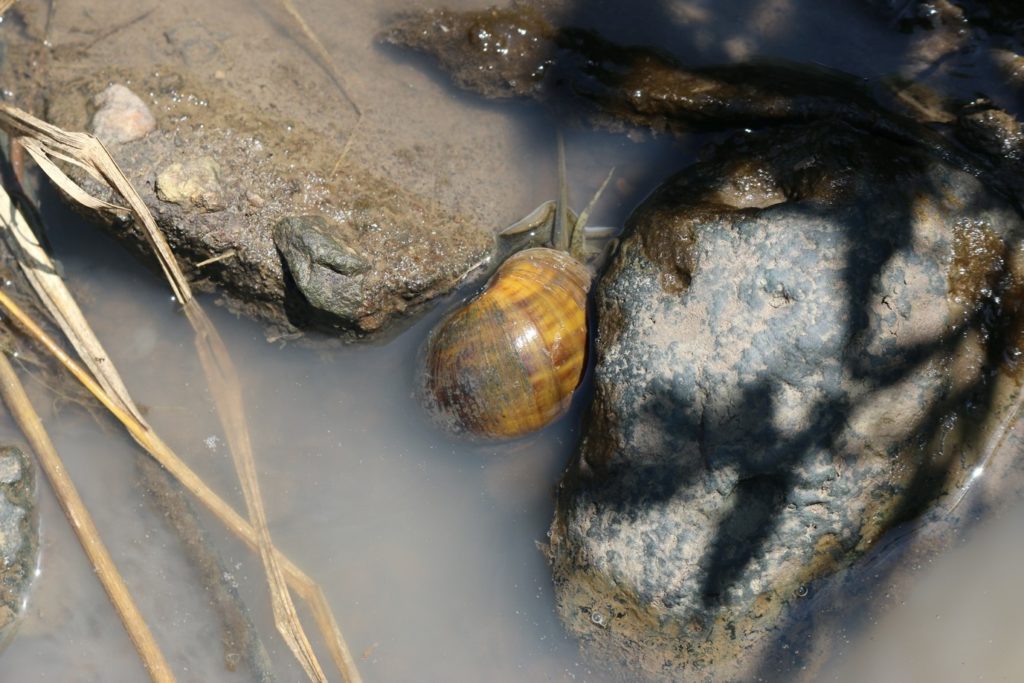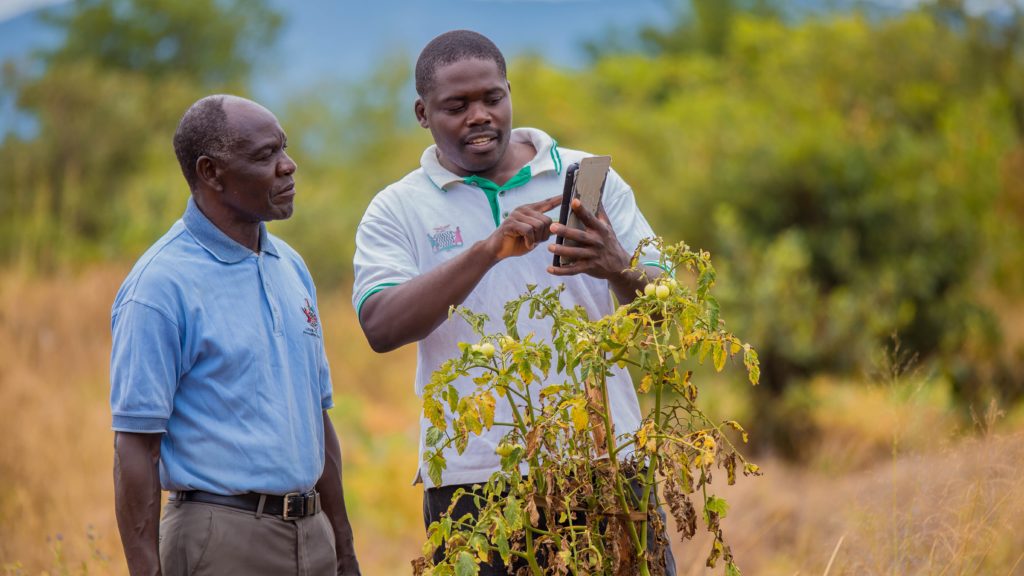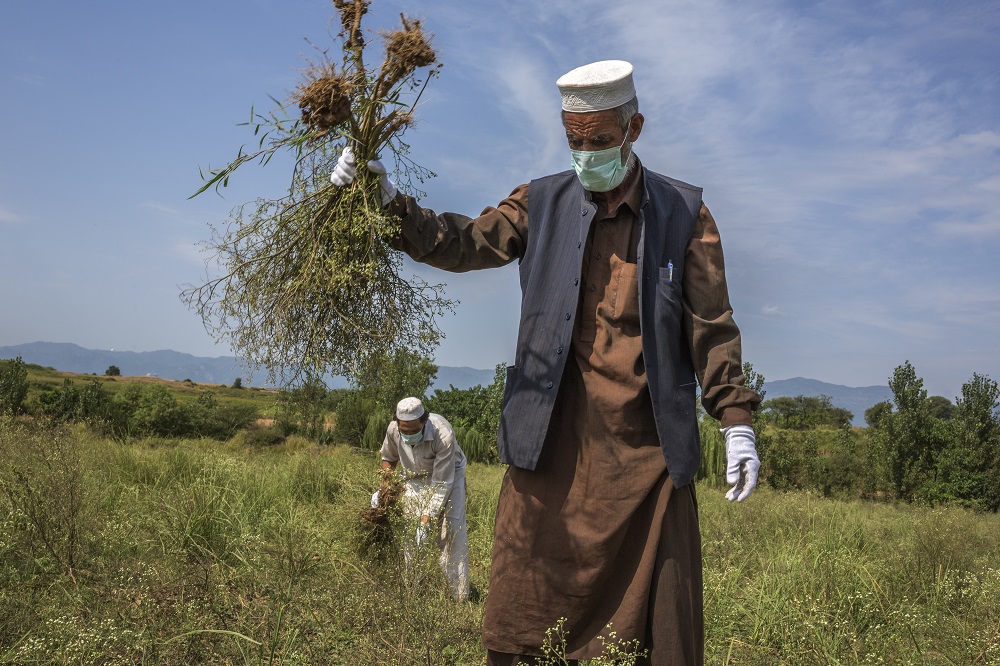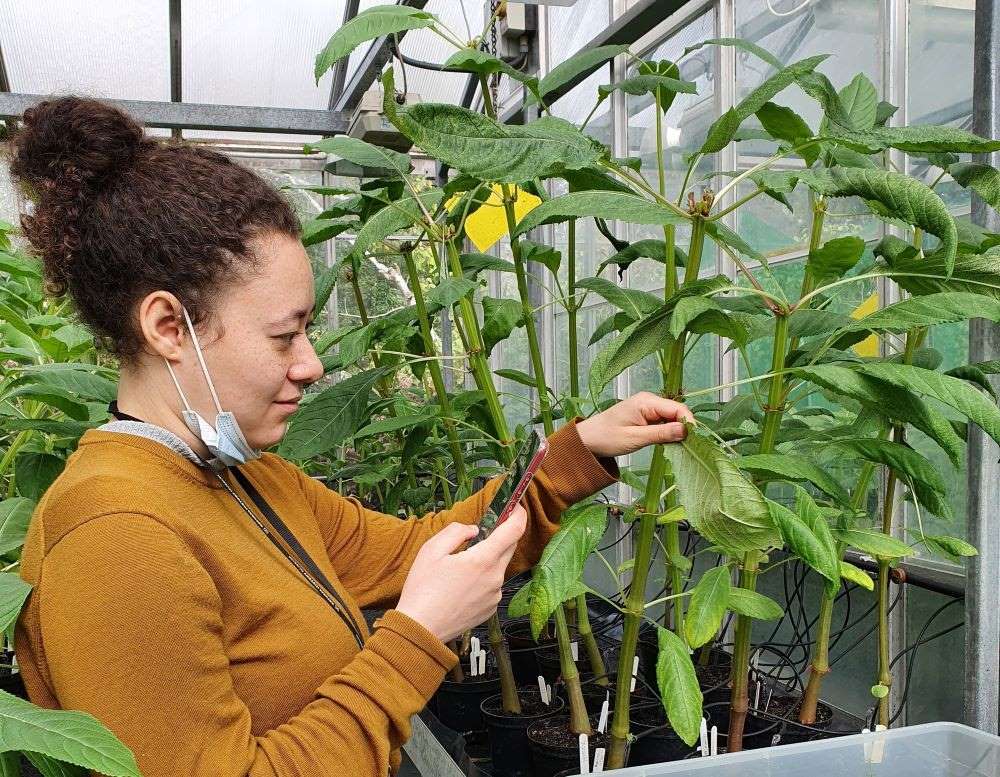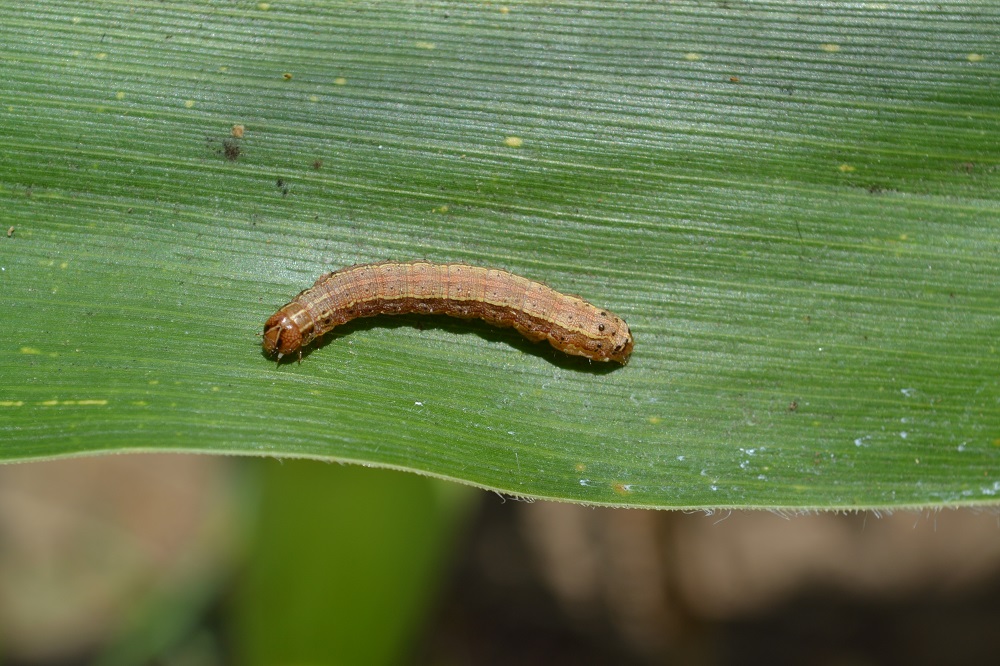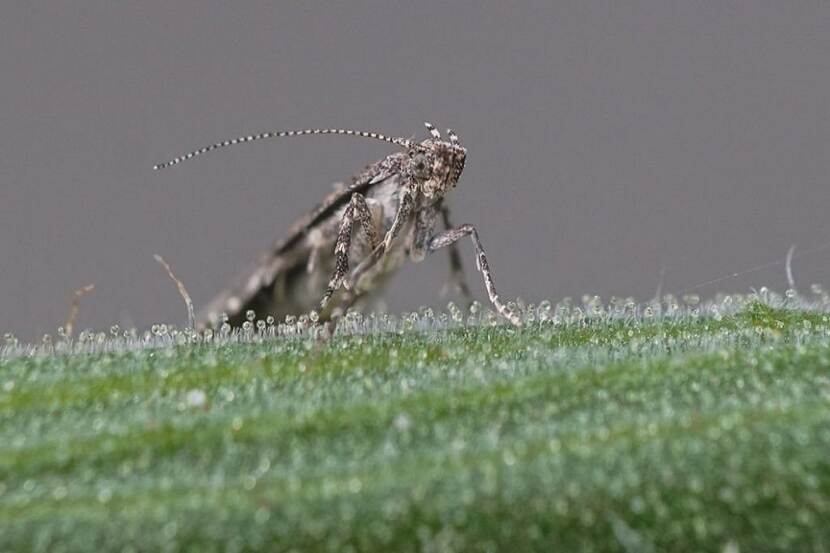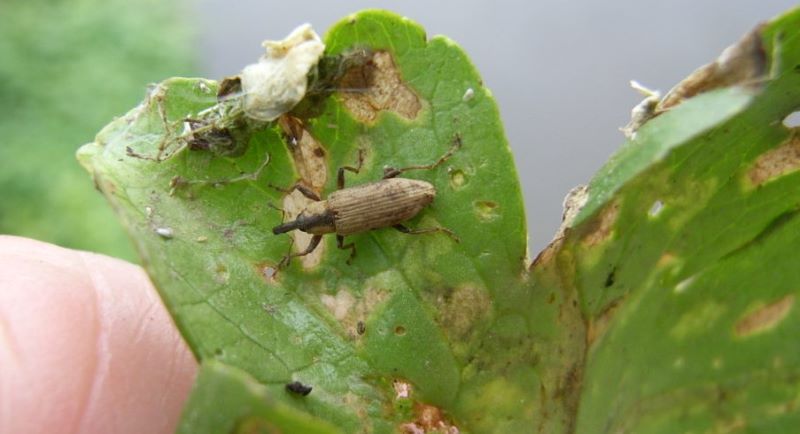Apple snail: The threat and potential economic impacts on East Africa
Earlier this year, scientists from CABI and the Kenya Plant Health Inspectorate Service (KEPHIS) published new research confirming that the apple snail, Pomacea canaliculata, had been discovered in Kenya for the first time. Widely considered to be one of the most invasive invertebrates of waterways and irrigation systems, the apple snail threatens Kenya’s rice production…
Stepping up the fight against Tuta Absoluta in Kenya with safer and sustainable biocontrol products
Tomato is one of the most important vegetables grown by farmers in Kenya and plays an important role in generating employment and income. However, tomato production is limited by many factors, the most important of which are insect pests. Tomato farmers tend to control tomato pests with pesticide sprays, but these pose risks to the…
Digital extension campaign boosts farmers’ knowledge and capacity to manage fall armyworm in Zambia
An SMS campaign to promote awareness of fall armyworm (Spodoptera frugiperda) and mitigation measures, which was carried out in four Zambian provinces, has resulted in the enhancement of farmers’ knowledge and boosted their capacity to effectively manage the pest. The campaign was implemented by CABI’s Pest Risk Information SErvice (PRISE) project in partnership with Precision…
Insect heroes fighting invasive species
Today marks the beginning of Insect Week (21-27 June) – a week to learn more about the science and natural history of insects. We are highlighting some of the insect heroes, and villains, CABI scientists work with on a regular basis. Scientists at CABI’s Egham laboratory work with a range of insect species, from plant-parasitic…

